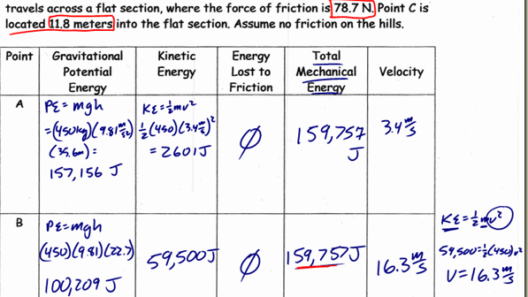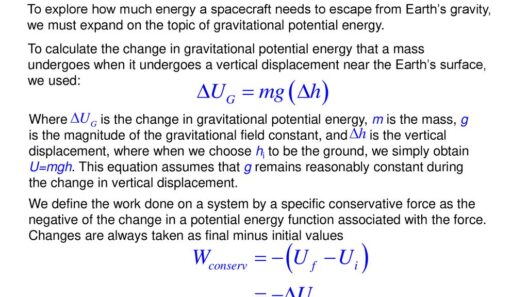Black holes are among the most enigmatic and perplexing phenomena in the universe, captivating astronomers and physicists alike with their extraordinary properties. One of the most intriguing questions surrounding these cosmic giants is whether they violate the conservation of energy—a fundamental principle of physics that states that energy cannot be created or destroyed, only transformed from one form to another. To dissect this query, one must delve into the nature of black holes, their formation, and the laws of thermodynamics that govern them.
At the core of this discussion lies an understanding of what a black hole is. Formed from the remnants of massive stars that have exhausted their nuclear fuel, a black hole emerges when a star collapses under its own gravitational pull, creating an infinitely dense point known as a singularity. Above this singularity lies the event horizon, a boundary beyond which no information or matter can escape the black hole’s grasp. This characteristic not only makes black holes invisible to direct observation but also poses unique challenges to our understanding of energy conservation.
To ascertain whether black holes violate the conservation of energy, one must consider the nature of energy itself. Energy exists in various forms: kinetic, potential, thermal, and electromagnetic, to name a few. According to classical mechanics, energy is conserved in closed systems. In the case of black holes, however, the scenario is more complex. When a star collapses into a black hole, the energy associated with its mass—described by Einstein’s famous equation, E=mc²—does not simply vanish. Instead, it is said to contribute to the black hole’s mass and gravitational influence, a concept that underscores the idea of mass-energy equivalence.
Further complicating the issue is the phenomenon of Hawking radiation, theorized by physicist Stephen Hawking in the 1970s. Hawking proposed that quantum effects near the event horizon result in the emission of thermal radiation from black holes. This emission suggests that black holes can indeed lose mass and energy over time, eventually leading to their evaporation. Contrary to initial assumptions, this indicates that black holes do not retain energy indefinitely. Instead, they are dynamic entities that can undergo transformations, ultimately adhering to the conservation of energy when viewed from a broader cosmological perspective.
The implications of Hawking radiation touch on a significant area of discourse within theoretical physics: the information paradox. This paradox arises from the question of whether information that falls into a black hole is lost forever. While quantum mechanics posits that information cannot be destroyed, the fate of information within a black hole remains contentious. If black holes evaporate completely through Hawking radiation, does the information contained within them dissipate as well? Resolving this paradox involves reconciling the principles of quantum mechanics with the classical understanding of black holes—an endeavor that continues to challenge physicists.
Another consideration is the interaction of black holes with their environments. When matter spirals into a black hole, it releases an immense amount of energy in the form of radiation before crossing the event horizon. This process, known as accretion, produces X-rays and gamma rays that can be detected by telescopes. Thus, while the mass-energy from the accreting material is ultimately absorbed by the black hole, the energy emitted during this process can have observable consequences in the surrounding universe. This interplay further emphasizes the dynamic nature of energy within the context of black holes, reinforcing the idea that energy is neither created nor destroyed, but rather transformed.
In summary, the question of whether black holes violate the conservation of energy is intricately tied to the understanding of energy’s nature and the workings of the universe. Although black holes have properties that challenge conventional wisdom, they ultimately conform to the laws of thermodynamics upon closer examination. The transformation of mass into energy, the potential for Hawking radiation, and the interactions with surrounding matter highlight that the essence of energy remains intact. Instead of viewing black holes as anomalies that disrupt the conservation of energy, they can be perceived as pivotal players in the grand cosmic narrative—transforming energy in ways that deepen our comprehension of the universe.
This discourse invites further inquiries into the depths of black hole physics, encouraging a reconsideration of the boundaries that define our understanding of energy. Future explorations may unveil new insights into the viable synthesis of quantum mechanics and general relativity, potentially leading to groundbreaking paradigms that redefine fundamental concepts. For both the curious and the seasoned scientists, the mysteries of black holes continue to offer fertile ground for inquiry and innovation, serving as a testament to the relentless pursuit of knowledge in the face of the unknown.







